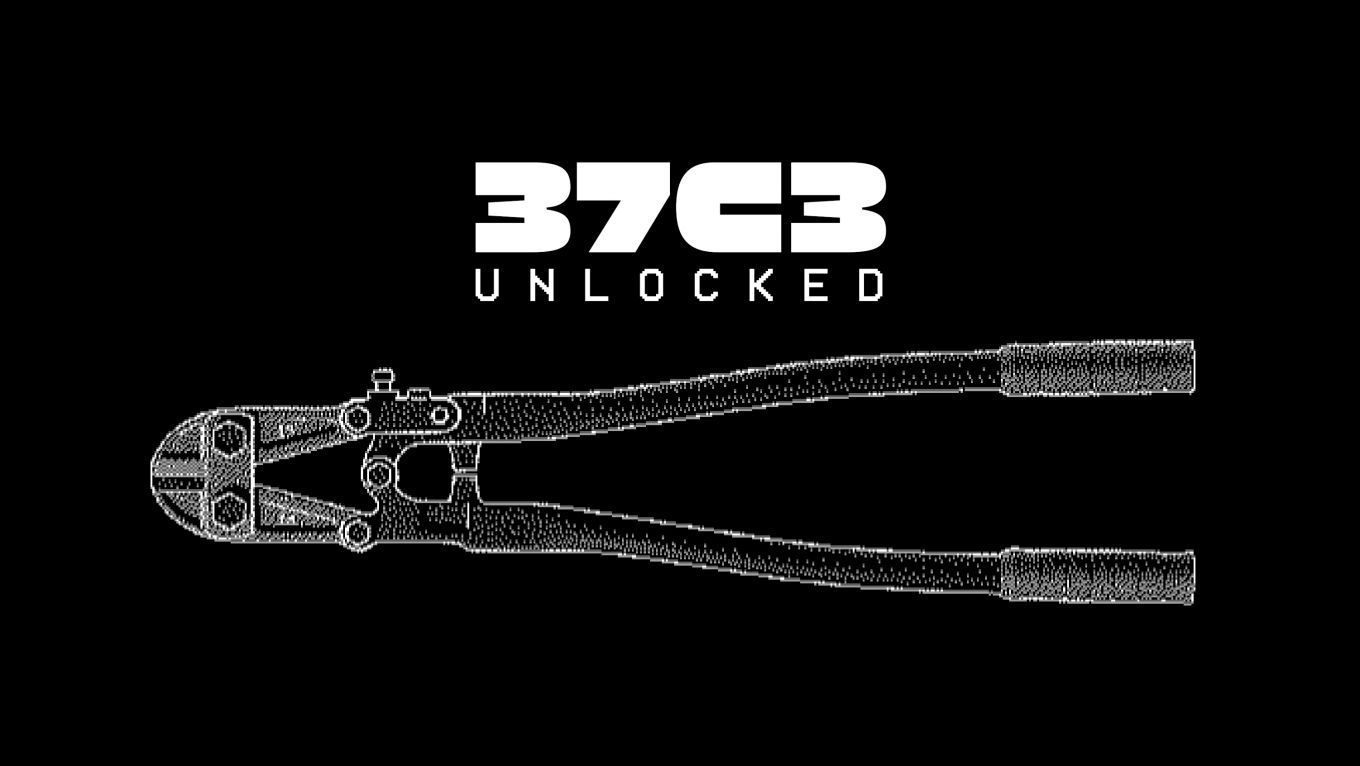Hardware & Making
The Unfolding Space Glove
A Wearable for the Visually Impaired Translating 3D Vision into Haptic Stimuli
The Unfolding Space Glove transmits the relative position and distance of nearby objects as vibratory stimuli to the back of the hand, enabling blind people to haptically explore the depth of their surroundings. The talk will give a brief overview of the design research project, from the first prototypes to an empirical study and its publication, and provide insights into the underlying hardware and software.
Being born blind or losing sight is a major challenge, as it impairs the ability to acquire information about surroundings, to manage everyday life independently and, consequently, to participate equally in social, public and economic life. Technical aids developed to assist VIPs with certain tasks work well in the laboratory but regularly fail in practice because they are bulky or user-unfriendly. As a result, the target group resorts to traditional tools or simply lives with the shortcomings. Given the rapid changes in technology and low cost of digital tools, I saw great potential in addressing this issue as an interaction design project.
The result is an open-source Sensory Substitution device – the Unfolding Space Glove: it transmits the relative position and distance of nearby objects, detected by an on-board 3D camera, to the back of the hand in the form of vibratory stimuli. This allows the user to haptically explore the depth of the surrounding space and assists with navigation tasks such as object recognition and wayfinding. The prototype requires no external hardware, is highly portable, works in all lighting conditions, and provides continuous and immediate feedback – all while being visually unobtrusive.
The basic premise of the proposed concept of Sensory Substitution is that the function of a missing or impaired human sensory modality can be replaced by stimulating another sensory modality using the missing information. This only works because the brain is plastic enough to learn to associate the new stimuli with the missing modality, as long as they share the same basic characteristics. There have been a number of projects looking at this, but so far very few practical implementations have been proposed, which in turn are used by a negligible number of people. While the technology used is sometimes highly sophisticated, design and usability often suffer.
Taking into account the problems of existing devices and specifically addressing usability and interaction design requirements, the Unfolding Space Glove was designed and developed in a four-year interaction design research project. In 2021, the prototype was tested in an empirical study with 14 sighted and blind subjects, the results of which were published in a scientific, peer-reviewed paper in 2022.
I would like to introduce you to the field of Sensory Substitution, share this project with you, show pitfalls, problems (for me coming from a non-IT background) and some technical details and ask for your feedback and input. I will have the device with me if you want to have a closer look at it after the talk. Testing would only be possible in smaller groups by appointment.
Additional information
| Live Stream | https://streaming.media.ccc.de/37c3/zuse |
|---|---|
| Type | lecture |
| Language | English |
More sessions
| 12/27/23 |
After a brief introduction to digital circuits this talk will outline placement and routing algorithms used for creating digital integrated circuits.
|
| 12/27/23 |
This lecture will cover many aspect of designing a RISC-V CPU, out-of-order execution, multi-core, memory coherency, security and running linux and debian on a FPGA.
|
| 12/27/23 |
Ein Vortrag über den erfolgreichen Kinder-Audioplayer „Toniebox“ mit Content-Hosting in der Cloud, der nicht nur Einblicke in die (un-)heimliche Datensammlungspraxis bietet, sondern auch gleich passende Lösungen dazu. Custom-Firmware, selfhosted Cloud-Ersatz und Tools zum Erzeugen von Inhalten ohne Herstellercloud.
|
| 12/27/23 |
In an era where vendors increasingly seek to use proprietary software in the devices around us to exert control over their users, the desire for open source software has expanded to the firmware that allows our machines to function, and platforms which individuals can trust and control have never been more important. However, changes to hardware platforms in recent years such as the Intel ME, vendor-supplied binary blobs and vendor-signed firmware images have repeatedly set back efforts to ...
|
| 12/27/23 |
Embark on Libre Space Foundation's journey into the world of open-source space exploration, where a passionate community of hackers and makers is challenging the traditional defense-driven approach to spacefaring. Discover how we are democratizing space by embracing open-source technologies, community collaboration, and a commitment to sustainability.
|
| 12/27/23 |
I am paralysed from the chest down, have no hand functions and sit in a power wheelchair. I will share some insights on spinal cord injury and my experiences of how I work, live and travel using a power wheelchair. There are millions of people who cannot control a computer, tablet, or smartphone with their hands. Assistive technology supports the main functionalities which are needed: mouse movement and different kinds of clicks. My portfolio of hands-free assistive technology enables me every ...
|
| 12/27/23 |
We've all been there: the trains you're servicing for a customer suddenly brick themselves and the manufacturer claims that's because you've interfered with a security system. This talk will tell the story of a series of Polish EMUs (Electric Multiple Unit) that all refused to move a few days after arriving at an “unauthorized” service company. We'll go over how a train control system actually works, how we reverse-engineered one and what sort of magical “security” systems we actually ...
|

